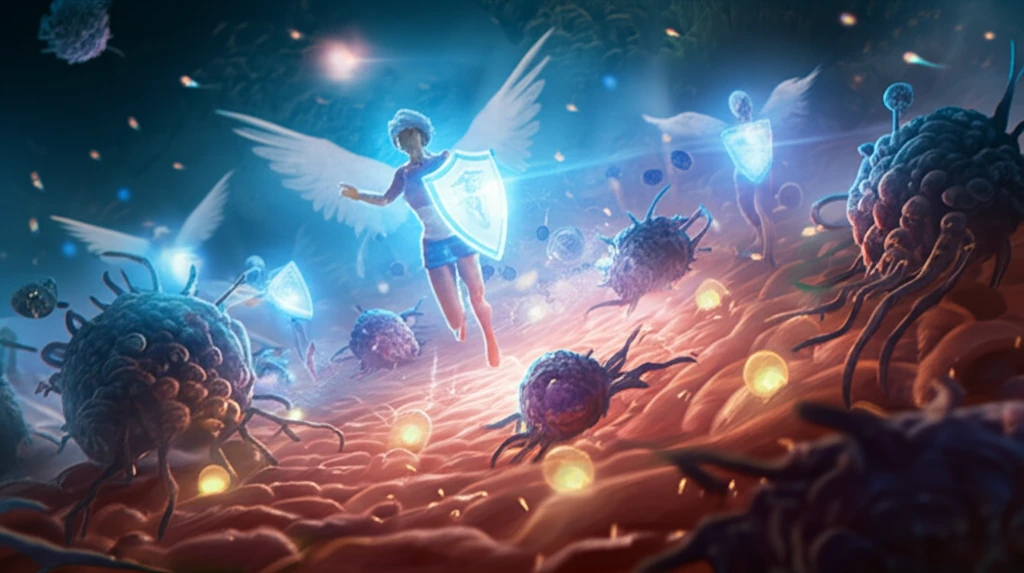
Can GSK-3 Inhibitors Unlock New Cancer Treatments? The Promising Link Between These Drugs and TRAIL-Mediated Apoptosis
"Research explores how GSK-3 inhibitors can enhance the effectiveness of TRAIL, a protein with the potential to fight gastric adenocarcinoma, offering new hope for cancer therapy."
Gastric cancer remains a formidable health challenge, known for its aggressive nature and often late diagnosis. While surgery offers a potential cure in early stages, advanced cases require innovative treatment strategies. One such approach involves harnessing the power of TRAIL (Tumor Necrosis Factor-Related Apoptosis-Inducing Ligand), a protein that can selectively induce programmed cell death (apoptosis) in cancer cells.
TRAIL's ability to target and eliminate cancer cells without harming healthy tissues has made it a promising candidate for cancer therapy. However, many cancer cells develop resistance to TRAIL, limiting its effectiveness. Researchers are actively exploring ways to overcome this resistance and unlock TRAIL's full potential.
Recent studies suggest that GSK-3 (Glycogen Synthase Kinase-3) inhibitors may hold the key to enhancing TRAIL's cancer-fighting capabilities. GSK-3 is an enzyme involved in various cellular processes, and inhibiting its activity has shown promise in sensitizing cancer cells to TRAIL-induced apoptosis.
GSK-3 Inhibitors: How They Enhance TRAIL's Cancer-Fighting Abilities

A study published in PLOS ONE investigated the potential of GSK-3 inhibitors to restore TRAIL responsiveness in gastric adenocarcinoma cells. The researchers focused on two well-known GSK-3 inhibitors, SB-415286 and LiCl, and their impact on TRAIL-mediated apoptosis in both cancer cell lines and primary gastric epithelial cells.
- Increasing caspase-8 activity: Caspase-8 is a key enzyme in the apoptotic pathway. GSK-3 inhibitors boost its activity, triggering a cascade of events leading to cell death.
- Enhancing downstream signal transmission: GSK-3 inhibitors amplify the signals that promote apoptosis within the cancer cells.
- Counteracting anti-apoptotic mechanisms: GSK-3 inhibitors appear to disrupt the processes that cancer cells use to resist apoptosis.
Implications and Future Directions
This research provides compelling evidence that GSK-3 inhibitors can enhance the effectiveness of TRAIL in treating gastric adenocarcinoma. By sensitizing cancer cells to TRAIL-induced apoptosis, these inhibitors may offer a new therapeutic avenue for this challenging disease. The study's findings warrant further investigation to fully understand the mechanisms involved and to explore the potential of combining GSK-3 inhibitors with TRAIL in clinical trials. Such a combined approach could significantly improve treatment outcomes for patients with gastric adenocarcinoma and potentially other types of cancer.
